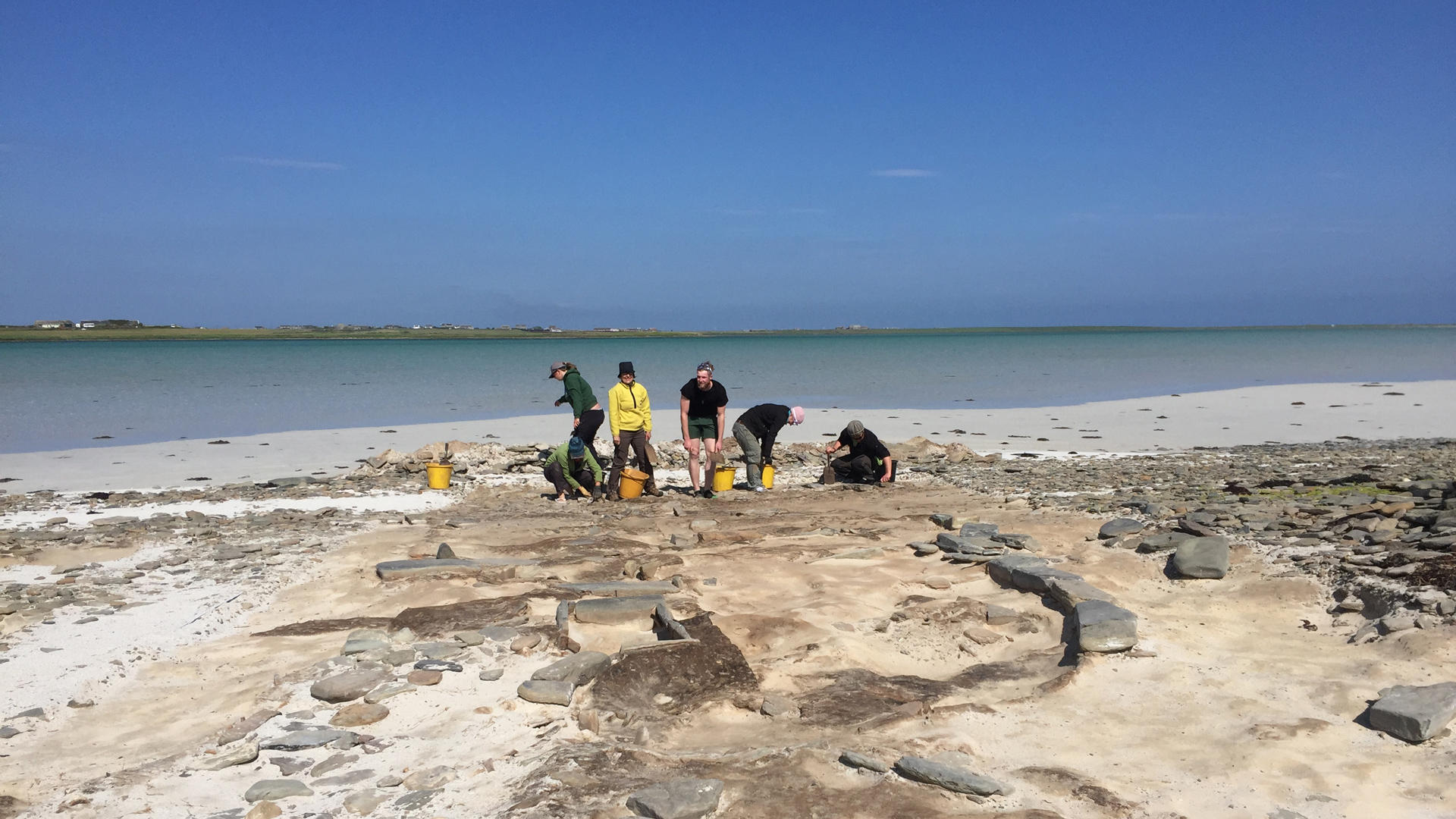We work with leading global organisations such as the International Committee of the Red Cross, the Max Planck Institute, Australian National University, ARISTA human taphonomic cemetery in Amsterdam, Historic England, the Museum of London and the Ministry of Defence.
Our research
The UCLan Research Centre for Field Archaeology and Forensic Taphonomy works with researchers from across the world. Our expertise is in primary data collection and investigation. We also work with leading global organisations such as the International Committee of the Red Cross, the Max Planck Institute, Australian National University, ARISTA human taphonomic cemetery in Amsterdam, Historic England, the Museum of London and the Ministry of Defence.
Every year archaeological field research takes place all over the world particularly in England, Wales, Scotland, the USA and South Africa, with hundreds of participants who have taken part in projects in Europe, Australia and the USA.
The work that we do also assists with the identification of human remains in Argentina, Armenia, Azerbaijan, Brazil, Iran, Iraq, Lebanon, the Philippines and Ukraine, and we provide bespoke training for the International Committee of the Red Cross.
Our particular focus is on the collection and evaluation of research data in both the field and in the scientific laboratory. We focus on the methodological, pedagogic, and transformative aspects of original primary data as tools for innovative science and social impact. We do collaborative research in archaeology, anthropology, computing and genetics, working in the areas of Citizenship, Society and Justice. Our work in archaeology is linked closely to the heritage sector and our work in Forensic Science is central to the University’s justice agenda.
Related news
UCLan scientists working on revolutionary new technology which could help solve crimes
Cutting-edge science being applied to human bones could help provide vital clues for the police and archaeologists alike
Monday 30 January 2023Earliest human remains discovered in northern Britain
UCLan archaeologists led the international research
Tuesday 24 January 2023Ancient DNA reveals the world’s oldest family tree
Analysis of ancient DNA has revealed most of the people buried in a preserved Neolithic tomb were from five continuous generations of a single extended family
Wednesday 22 December 2021Polished stone balls some 5,500 years old discovered in Orkney tomb
Two polished stone balls 5,500 years’ old are among finds that were discovered in a tomb on the southernmost tip of Tresness peninsula on Sanday, in Scotland's Orkney Islands by our archaeologists and National Museums Scotland in September 2021.
Monday 13 September 2021Using archaeology to empower Native American and other communities in California
The 100,000-acre Wind Wolves Preserve is a unique part of the interior landscape of California. It has long been an archaeological blind spot, as research has previously focused on the surrounding coastal marine, valley and lake environments.
Friday 27 August 2021Enabling collaboration and education: inspiring communities through archaeological fieldwork in north-west England and N…
Since 2004, the archaeology department has conducted research that is fieldwork-led. This research has been inclusive, offering opportunities for as many different groups as possible to be involved.
Friday 27 August 2021
Contact us
There has never been a more vital time for this Centre to be active because global uncertainty strikes at the very heart of belonging and identity. Our research supports consistency and methodological practice in human remains recovery.
To find out more please contact Centre Director Dr Duncan Sayer.

